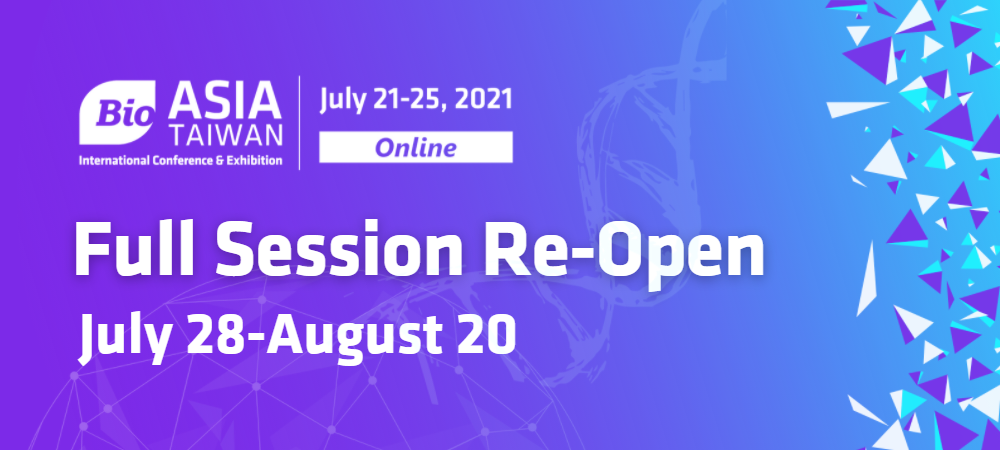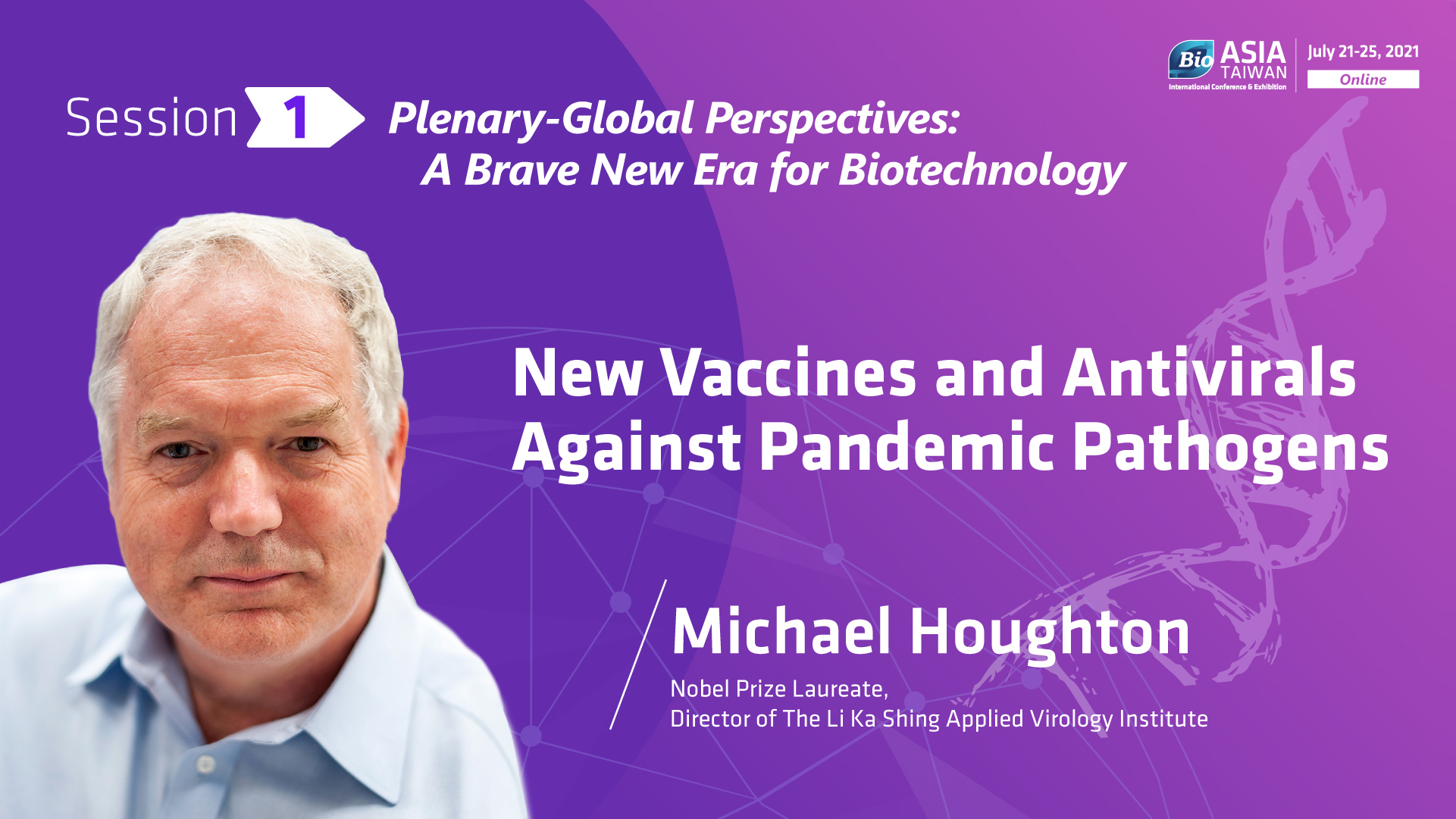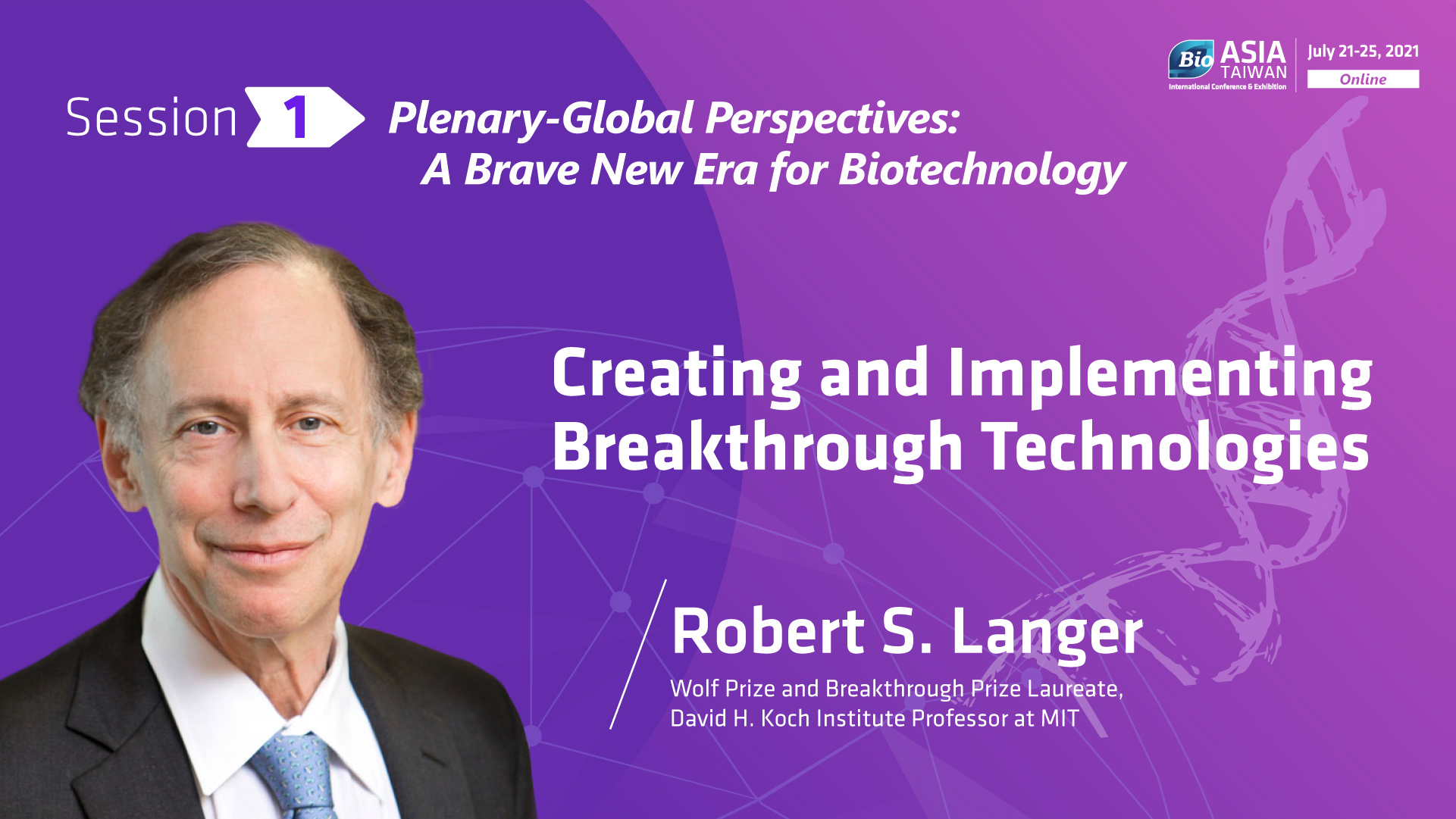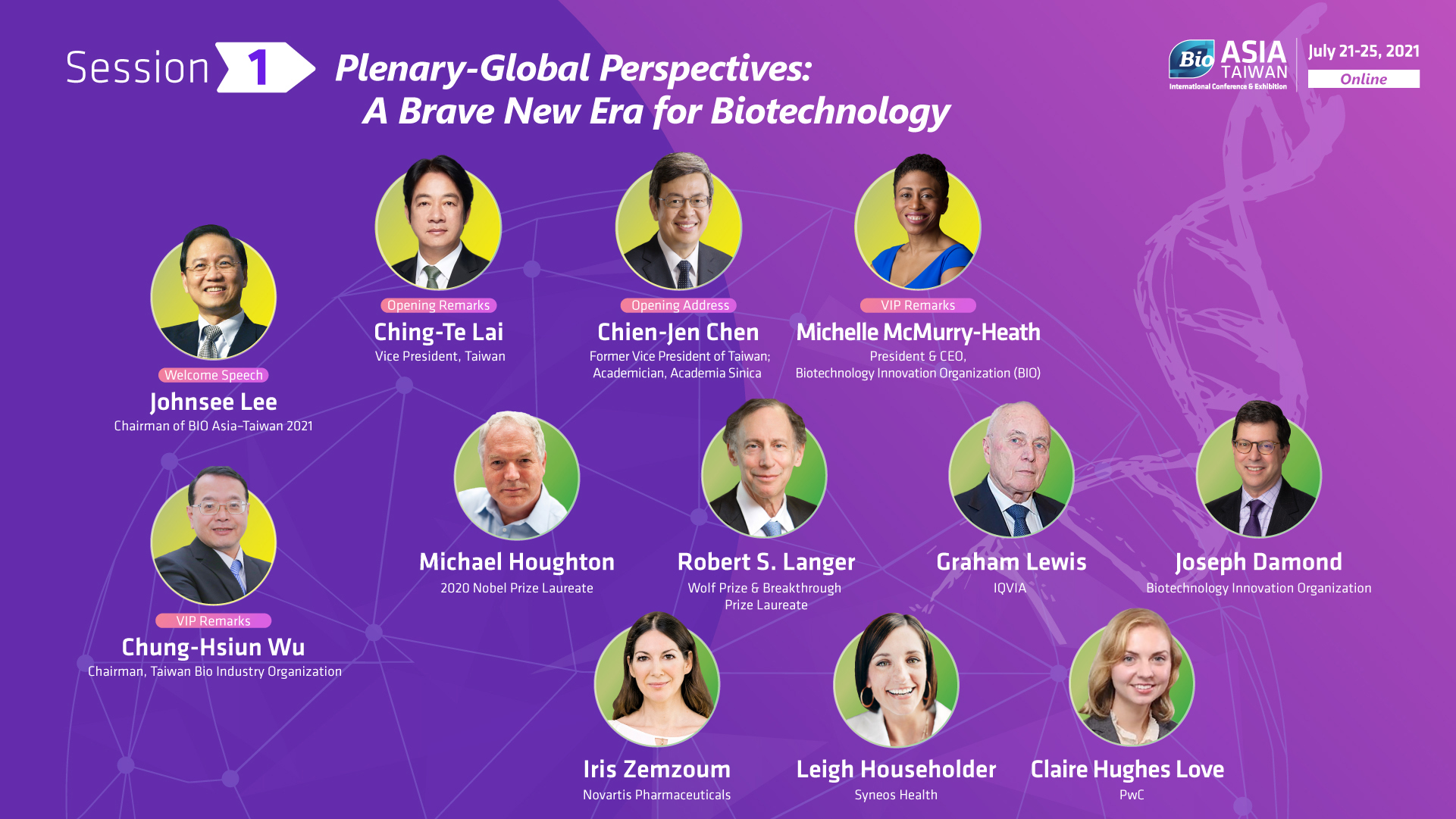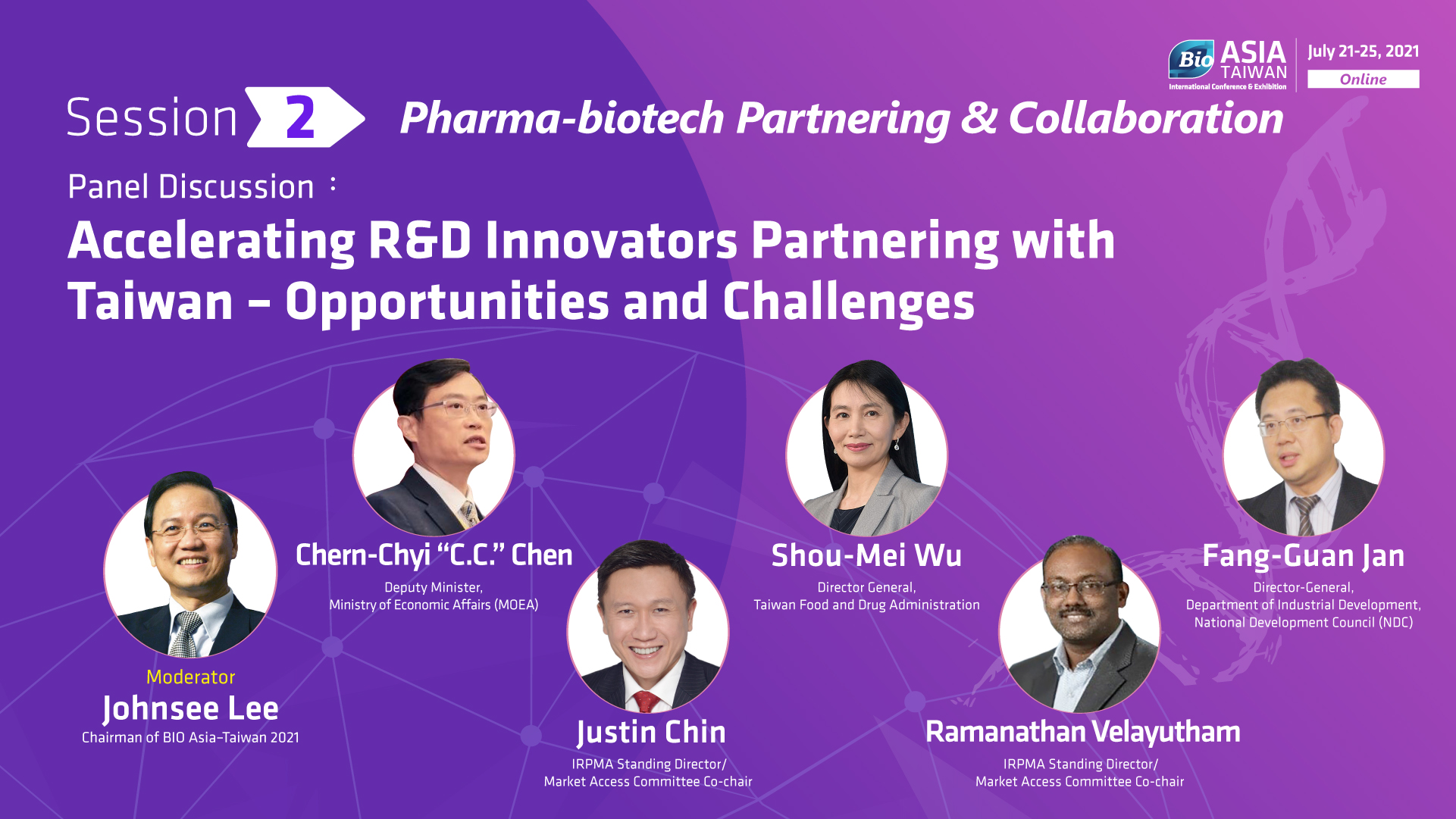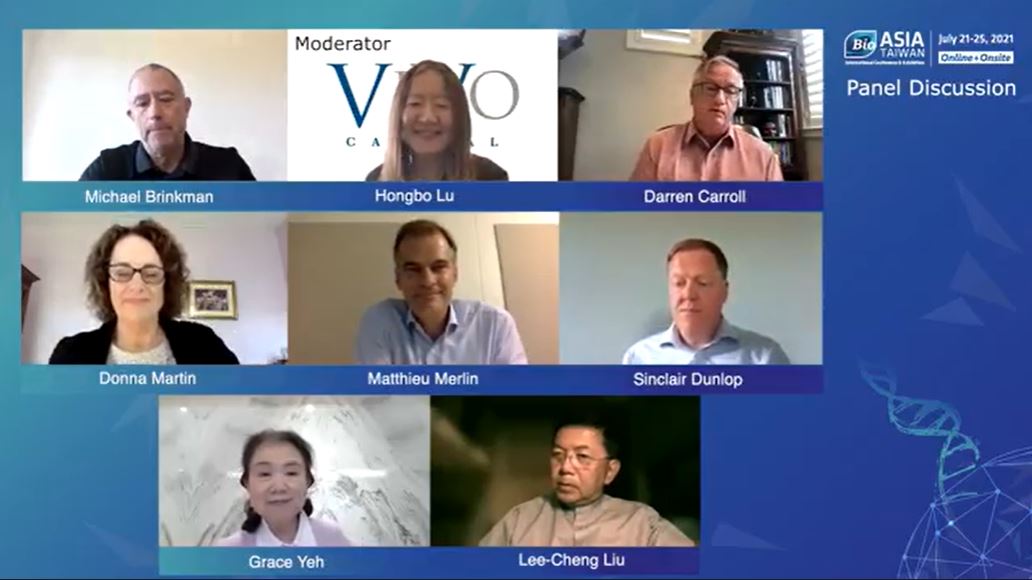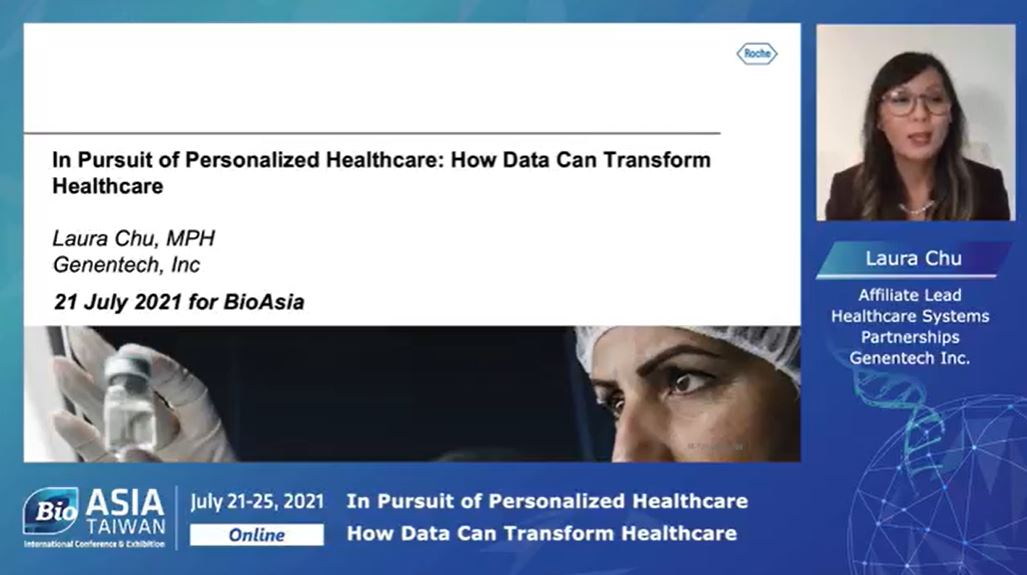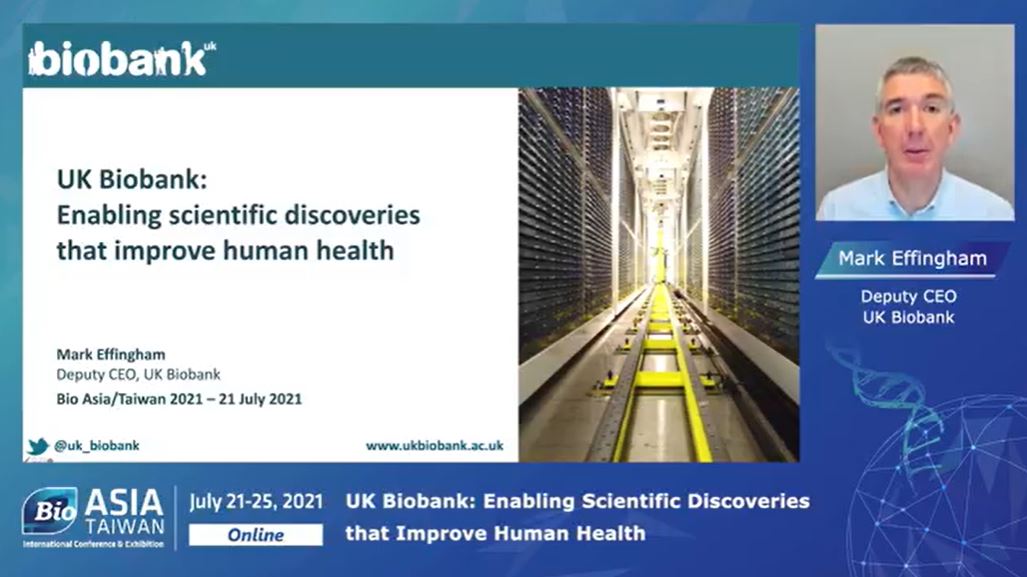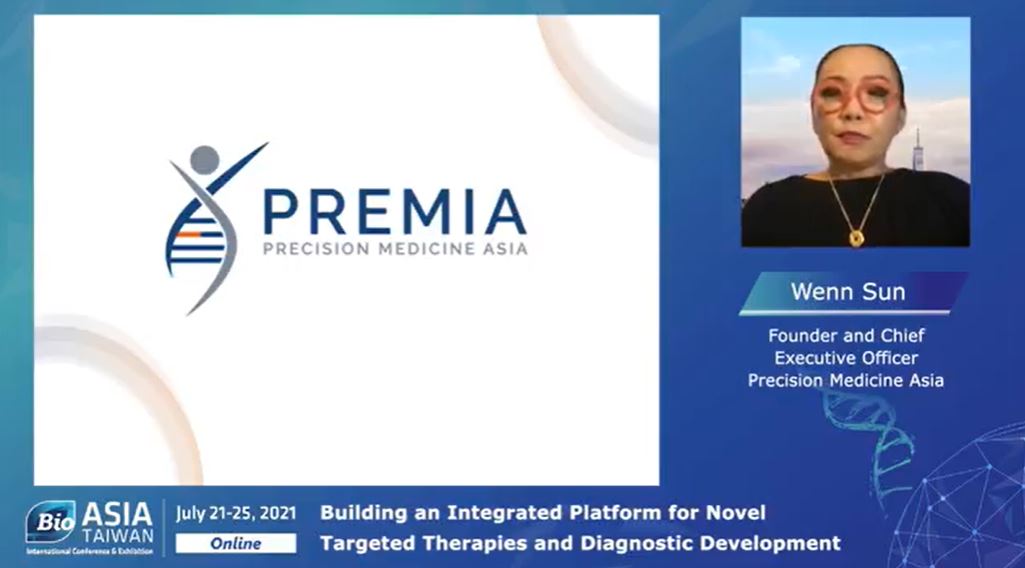 新聞中心
新聞中心
- 最新消息
- 媒體露出
- 2025 Social media materials
- 2025 大會官方Banners
- 2025/7/27 2025亞洲生技大會圓滿閉幕 19國代表團、850參展商、2,200攤位、50國近14萬參觀人次
- 2025/7/26 歐美亞10國以上相聚亞洲生技大會區域合作論壇
- 2025/7/25 創新、特別論壇再掀高峰 數位醫療、抗體新藥雙軌驅動產業升級
- 2025/7/24 2025亞洲生技大展盛大開幕! 攤位逾2200、50國600位國際代表齊聚引領亞洲創新浪潮
- 2025/7/23 「掌握亞洲生技新契機」2025 BIO Asia-Taiwan亞洲生技大會論壇開幕
- 2025/7/14 台灣生技投資活絡成為亞洲生技投資重心
- 2025/7/8 2025亞洲生技大會7月23日擴大登場 結合兩項Demo Day 力推新創進軍國際 三大論壇 掌握亞洲生技新契機
- 2024/7/29 2024亞洲生技大會圓滿落幕! 觀展人數、商機媒合再創新高 首頒BIO Asia Award、擴辦三大論壇 彰顯臺灣為亞洲生技發展重要國際夥伴
- 2024/7/28 副總統肯定我國生技醫療量能 盼臺灣生技產業持續與國際接軌 副總統參觀「BIO Asia–Taiwan 2024亞洲生技大展」
- 2024/7/28 澳、日、比、泰、印、馬舉辦區域合作論壇 探討跨國合作商機
- 2024/7/27 亞洲生技大會首辦投資高峰論壇 新藥與醫材公司創新能量吸引投資人目光
- 2024/7/26 「從亞洲綜觀全球生技商機」 2024 BIO Asia–Taiwan 亞洲生技大展開幕
- 2024/7/25 「從亞洲綜觀全球生技商機」 2024 BIO Asia–Taiwan亞洲生技大會第二日
- 2024/7/24 「從亞洲綜觀全球生技商機」2024 BIO Asia–Taiwan亞洲生技大會開幕
[Full Session Re-Open] Day 1 Highlights
|

